PUBLICATIONS
Floatation-REST
The history of Floatation-REST (Reduced Environmental Stimulation Therapy) dates back to the 1950’s when Drs. Jay Shurley and John Lilly at the National Institute of Mental Health became interested in understanding how the human brain would respond to an environment devoid of external sensory input. The float environment systematically minimizes external sensory input to the nervous system including signals from visual, auditory, olfactory, gustatory, thermal, tactile, vestibular, gravitational and proprioceptive channels. Since its discovery, there have been a number of publications exploring the potential therapeutic benefits of floating. The most consistent observation to date has been significant reductions in levels of subjective stress and increases in relaxation as measured from pre- to post-float. Concomitant with these subjective findings, floating has also been reported to decrease blood pressure, heart rate, and cortisol levels. A meta-analysis published in 2005 found a large overall effect size for stress reduction, with most past float studies focused on healthy populations.
Clinical research investigating Floatation-REST, although limited, has reported largely beneficial effects across a range of different stress- and pain-related conditions, including: hypertension, chronic tension headaches, chronic muscle tension pain in the back and neck, and stress-related pain with burnout depression. There have also been several studies focused on individuals with clinical anxiety, including generalized anxiety disorder, posttraumatic stress disorder (PTSD), anorexia nervosa, panic disorder, agoraphobia, and social anxiety disorder, with many of these patients also presenting with comorbid major depressive disorder. The evidence published thus far suggests that Floatation-REST is a safe technique for rapidly reducing levels of stress, pain, and anxiety. Clinical trials are currently underway in America, Germany, and Sweden investigating the long-term impact of floating in patients with anxiety disorders, anorexia nervosa, chronic pain, fibromyalgia, and insomnia. As the evidence base continues to grow, we will continue to update this repository of peer-reviewed publications studying the clinical effects of Floatation-REST.
A randomized controlled safety and feasibility trial of floatation-REST in anxious and depressed individuals
McKenna M. Garland,Raminta Wilson,Wesley K. Thompson,Murray B. Stein,Martin P. Paulus,Justin S. Feinstein,Sahib S. Khalsa
PLOS ONE
June 2024
Induction of altered states of consciousness during Floatation‐REST is associated with the dissolution of body boundaries and the distortion of subjective time
Helena Hruby, Stefan Schmidt, Justin S. Feinstein & Marc Wittmann
nature.com
Scientific Reports 2024
The impact of floatation therapy on body image and anxiety in anorexia nervosa: a randomised clinical efficacy trial
Emily M. Choquette, Michael C. Flux, Scott E. Moseman, Sheridan Chappelle, Jessyca Naegele, Valerie Upshaw, Alexa Morton, Martin P. Paulus, Justin S. Feinstein, Sahib S. Khalsa
eClinical Medicine
Part of THE LANCET
Discovery Science
2023
Reduced Environmental Stimulation Therapy (REST) in anxiety and depression: An experience sampling study
McKenna M. Garland, Raminta Wilson, Emily Adamic, Wesley K. Thompson, Armen C. Arevian, Murray B. Stein, Martin P. Paulus, Justin S. Feinstein, Sahib S. Khalsa
Journal of Mood and Anxiety Disorders
2023
Exploring the acute cardiovascular effects of Floatation-REST
M. C. Flux, Thomas H. Fine, Tate Poplin, Obada Al Zoubi, William A. Schoenhals, Jesse Schettler, Hazem H. Refai, Jessyca Naegele, Colleen Wohlrab, Hung-Wen Yeh, Christopher A. Lowry, Jason C. Levine, Ryan Smith, Sahib S. Khalsa and Justin S. Feinstein.
Frontiers in Neuroscience
2022
Acute Floatation-REST Improves Perceived Recovery Following a High-Intensity Resistance Exercise Stress in Trained Men
Caldwell, Lydia K., Kraemer, William J, Post, Emily M., Volek, Jeff S., Focht, Brian C., Newton, Robert U., Häkkinen, Keijo, Maresh, Carl M.
Medicine & Science in Sports & Exercise:
2022
Taking the body off the mind: Decreased functional connectivity between somatomotor and default‐mode networks following Floatation‐REST
Obada Al Zoubi, Masaya Misaki, Jerzy Bodurka, Rayus Kuplicki, Colleen Wohlrab, William A. Schoenhals, Hazem H. Refai, Sahib S. Khalsa, Murray B. Stein, Martin P. Paulus, Justin S. Feinstein
Human Brain Mapping
2021
Floatation Therapy for Specific Health Concerns
A review of the research on this increasingly popular intervention
Laura Witte, PhD, PA-C, Carlos Santo, ND, Mark E. Archambault, DHSc, PA-C, DFAAPA, Thomas Colletti, DHSc, PA-C, DFAAPA, and Randy Danielsen, PhD, PA-C Emeritus, DFAAPA
Natural Medicine Journal
2021
Flotation Restricted Environmental Stimulation Therapy for Chronic Pain
Leonie F. Loose; Jorge Manuel, MSc; Matthias Karst, MD, PhD; Laura K. Schmidt; Florian Beissner, PhD
JAMA Network Open
2021
Does flotation-rest (restricted environmental stimulation technique) have an effect on sleep?
Anette Kjellgrena, Annika Norell-Clarkeb, Kristoffer Jonssona, Maria Tillforsa
European Journal of Integrative Medicine
2020
Journal of Strength and Conditioning Research
2013
Aerospace Medicine
1971
Military Medicine
1966
FIND A FLOAT CENTER
If you are looking for somewhere to try floating,
please click on the Float Center Map link below to find a center near you.
The Float Center map is not managed by us, but if you are a float center owner or customer, and your center is not listed on the map, please complete this quick form to apply to be added.
ABOUT US
The official site dedicated to the medical use of clinical floatation therapy.
Published peer reviewed papers, presentations and news related to Clinical Floatation to assist researchers and clinicians in all disciplines
FLOAT RESEARCH COLLECTIVE
Find out about the Float Research Collective and how you could get involved....
KEEP INFORMED
Keep updated with the latest news, publications and presentations, the resource for everyone interested in the science of Floatation-REST. Sign up to our newsletter here: (opens a new window)
CONTACT US TO FIND OUT MORE
Contact Us
Thank you for contacting Clinical Floatation.
We will get back to you as soon as possible
Please try again later
